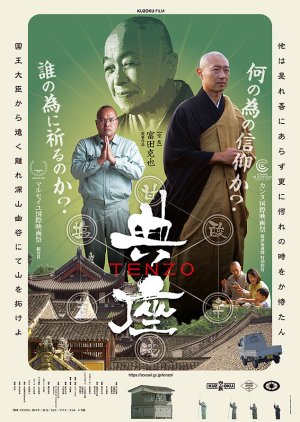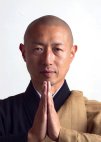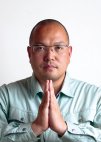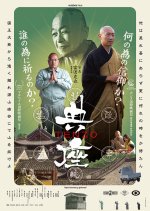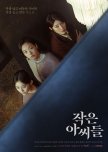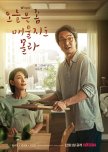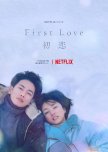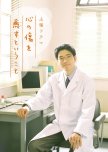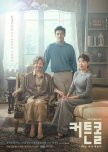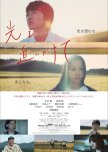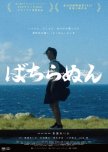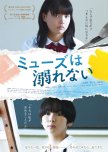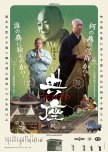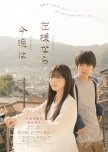Two young monks, Chiken and Ryugyo, return to their temples - one to Yamanashi and the other to Fukushima - after completing their training apprenticeship at the dojo of the Soto Buddhist school. Ten years later, facing the post-Fukushima socio-economic crisis, both monks, under different guises, have taken on more of a community role. Chiken volunteers on a suicide prevention hotline through his temple in Yamanashi and has learnt through his religion that the synchronicity of food and nature can have a positive impact on his family’s health. Ryugyo’s family and temple were devastated by the tsunami, and he himself is still haunted by this tragedy. He comforts victims living in temporary shelters and helps clean up the debris as a construction worker. Edit Translation
- English
- magyar / magyar nyelv
- dansk
- Norsk
- Native Title: 典座 -TENZO-
- Also Known As:
- Screenwriter & Director: Tomita Katsuya
- Screenwriter: Aizawa Toranosuke
- Genres: Food, Life, Documentary
Cast & Credits
- Kawaguchi ChikenChikenMain Role
- Kurashima RyugyoRyugyoMain Role
- Kondo ShinkoChiken's wifeSupport Role
Reviews

I understand this more after reading about it
This hour long film is a combination of documentary and fiction centered around actual events like the Fukushima tsunami, with Soto Zen Buddhist monks in three of the roles. There were moments I didn't understand, like why monks were walking through muddy land driving sticks into the ground. Reading reviews and interviews helped me make sense of it in retrospect. I don't feel qualified to give it a rating and would prefer not to make such a judgement from one viewing. I gave it a rewatch value of 10 as I think I would gain much from seeing it again, perhaps a few times. But I found its screening on the JFF+ Independent Cinema festival too late to do so.It's an intentionally unpristine view of monks and their struggles. It reflects on questions like whether allergies might come from the damage we've done to the world? What should our mission be in the present? What's needed at this time? An elderly and well respected nun gives her answers to the last two. For her, it is sharing the wisdom of the Buddha. How these practices are relevant to well-being and mental health in particular is shown through the monks' lives and advice on a suicide help line.
These are the articles I found most helpful:
https://www.asahi.com/ajw/articles/13055417
https://www.sousei.gr.jp/tenzo/en/
https://www2.bfi.org.uk/news-opinion/sight-sound-magazine/reviews-recommendations/tenzo-katsuya-tomita-buddhist-monk-hybrid

